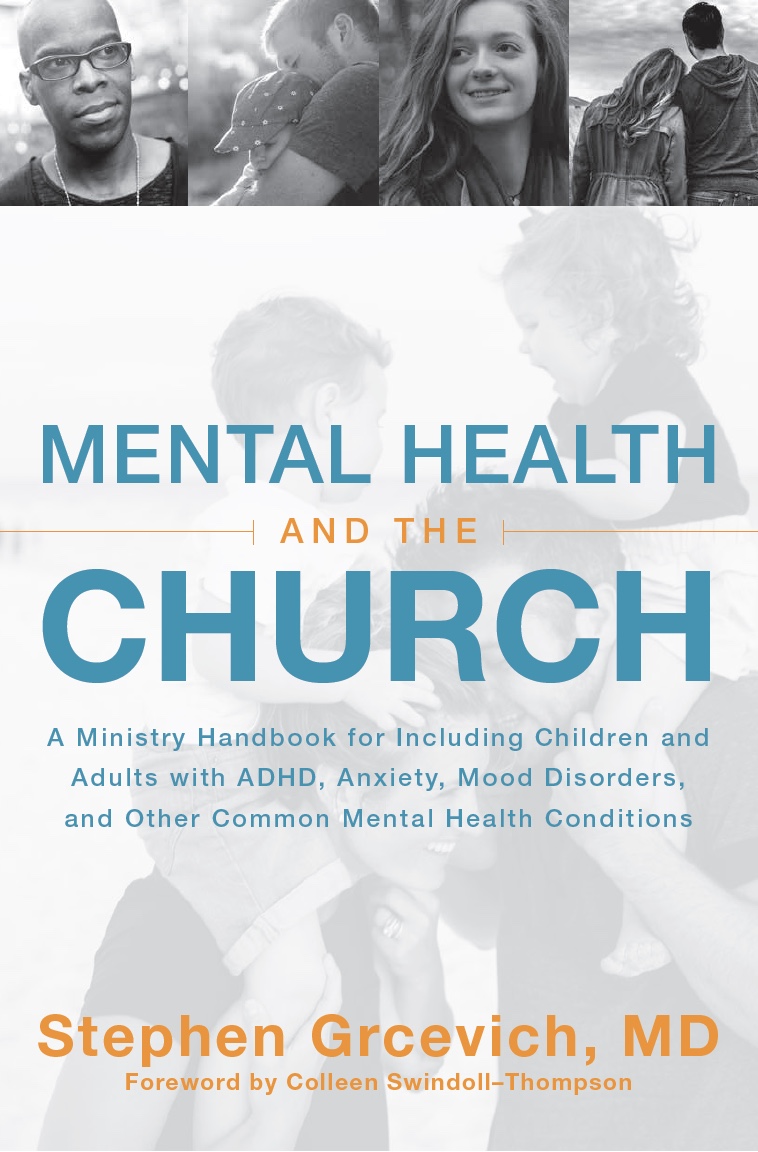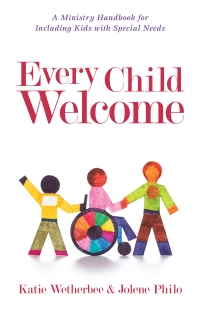
I suspect advances in technology and communication over the last ten to twenty years will revolutionize ministry in ways unlike any the church has experienced since the invention of the printing press contributed to the Reformation. We’re already witnessing significant changes in the way we worship as a result of technology. For example, the rapid development of multisite churches would have been unthinkable ten or fifteen years ago. I’ve found that I can locate Scripture references far more quickly while listening to my pastor at church with the You Version app for my i-Pad than I could flipping pages in my hard copy Bible. For an extreme example of technology in use at worship, check out the i-Pad band at North Point Community Church:
Technology affords us incredible opportunities to “rethink” how we’re sharing the Gospel with families impacted by disabilities. In a series next year, we’ll consider how technology might help us more effectively minister to families of kids with significant emotional, behavioral or developmental disorders.
Every once in a while, I get an overwhelming sense that God is communicating something important to me. Interestingly enough, the last two times He’s done this have occurred while I’ve been driving down Interstate 71 on ministry trips. Maybe I-71’s the new Damascus Road? Here’s the big, hairy, audacious idea He’s put in my brain for our team at Key Ministry (I can see the fear in the faces of our Board members as they ponder whether to keep scrolling down through the post):
Key Ministry would come beside multiple churches in assisting with the development of multiple Internet-based campuses for families of kids with disabilities who are unable to be served through the ministry of a nearby church.
What would an Internet campus for families of kids with hidden disabilities look like? Presumably, it would share the same DNA of the church that expanded onto the web and offer all of the resources the parent church has found to be essential for ministry. Churches that emphasize small group participation as a discipleship tool might focus on interactive, online small groups as point of entry for families of kids with disabilities. For churches that emphasize service might offer opportunities for families of kids with disabilities in their local communities or offer online training in “relational respite” to equip members serve families in their neighborhoods without having to establish a “program.” Churches with a great senior pastor would obviously emphasize video teaching. There might be small groups or book studies that would be of great interest to families of kids with disabilities that lead to parents checking out other resources offered through the online church. An online study for parents of kids with disabilities on John 9 might result in the parent signing up for a study covering the entire Book of John.
Key Ministry would certainly consider developing content to build upon resources a church offers to everyone over the web. In addition to the ideas described above, other tools we could help a church develop short of a full-fledged web-based ministry include:
Apps that would allow children’s/student pastors to send parents copies topics for discussion based upon the teaching in their child’s worship service. Kids with ADHD are notoriously bad at remembering to take home their papers at the end of the worship service or remember to take the topics out of their Bible (which will probably be left in the car) once they get home. The apps could be used for other ministry communication or announcements, as well as serving as a reminder to parents of the need for them to bring their kids to church. This inspiration came from Debbie Blahnik, who does a great job of leading the Children’s Ministry at Northland Church in Orlando. (We’ll get those “Daily Ways” to the parents one way or another!)
Student Ministry on Facebook, or through streaming video on a church website. Kids with anxiety disorders often stop coming to church at transitions from elementary to middle school ministry or middle school to high school ministry. They’re heavily dependent upon electronic communication for social interaction. The light bulb went on for me one morning when I saw that a kid I had in an NIMH-sponsored study with Social Anxiety Disorder had 609 “friends” on Facebook.
I could envision a church streaming live content from worship events for teens, followed by an online discussion facilitated by a youth pastor or experienced ministry volunteer. In my practice alone, I’m aware of at least ten kids from one church for whom anxiety became an insurmountable barrier to participation in middle school ministry. Kids who struggle with church because of poor social skills or hurtful experiences with “Christian” kids may also be drawn to such experiences. I can envision churches using technology to help kids within the communities they draw from to develop a trust and comfort level sufficient to enable them to meet one another in person at the church.
Adapt Christian education materials for use by parents who are homeschooling children with sensory, attentional or learning issues who process information best through 1:1 interactions in environments designed to minimize distractions.
Key Ministry would never start an online church. Our goal is to support the ministry of the local church through helping the church to serve, welcome and include families of kids with hidden disabilities. We’d be thrilled to see more than one church pursue this concept through their web-based ministries. After all, most people are able to “church shop.” Why shouldn’t families of kids with disabilities have alternatives to explore when looking for a church? Just like us.




